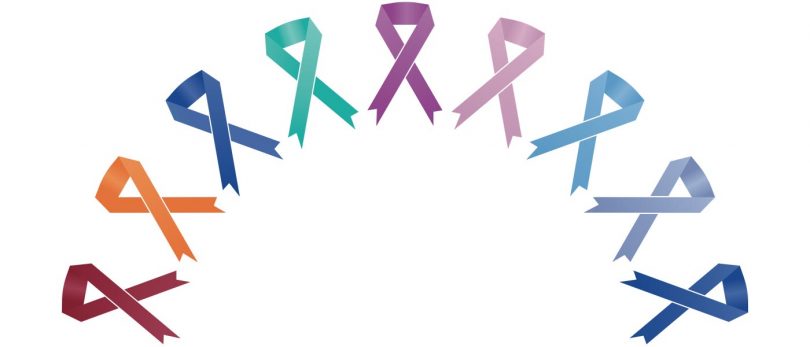Cancer screenings are an incredibly valuable tool. “The whole purpose of screening for any disease process is to find the disease in its earliest stage of progress when it’s easier to treat or easier to cure,” says Michael J. Farrell, MD, co-medical director of the UHS Breast Center. While this is true of most diseases, it is particularly important for cancers such as breast cancer, colorectal cancer, lung cancer and cervical cancer, among others.
Understandably, many people avoided in-person doctor’s visits for routine checkups or screenings due to the COVID-19 pandemic.
“During the height of the pandemic, our mammography numbers were down considerably,” says Dr. Farrell. He explains this is concerning because it means people with cancer may not be diagnosed at an earlier stage when it is more treatable.
If you think you might be due for a screening, now is the time to talk to your doctor. Refer to the chart below for recommendations on who should be screened for cancer and how often.
| CANCER TYPE | POPULATION | RECOMMENDATION |
| Lung Cancer | Adults age 50 or older who have been heavy smokers for 20 years or more | Make a shared decision about screening with your provider. |
| Breast Cancer | Women age 40 years and older with average risk for breast cancer | Yearly screenings, with additional screenings and surveillance for high-risk patients. |
| Colorectal Cancer | Adults age 45 years and older with average risk for colorectal cancer | Many options for colorectal cancer screening exist, including colonoscopy, imaging tests and stool-based tests. Discuss the best option for you with your doctor. |
| Cervical Cancer | Women ages 25 to 65 years | Pap smear every 3 years or pap with HPV testing every 5 years. For abnormal pap results, screening frequency increases. |
GET SCREENED TODAY
For more information about cancer screening services at UHS, visit nyuhs.org.







